Mar 18, 2020
New kind of CRISPR technology to target RNA, including RNA viruses like coronavirus
Posted by Quinn Sena in categories: bioengineering, biotech/medical, genetics, robotics/AI
Now, in an important new resource for the scientific community published today in Nature Biotechnology, researchers in the lab of Neville Sanjana, PhD, at the New York Genome Center and New York University have developed a new kind of CRISPR screen technology to target RNA.
The researchers capitalized on a recently characterized CRISPR enzyme called Cas13 that targets RNA instead of DNA. Using Cas13, they engineered an optimized platform for massively-parallel genetic screens at the RNA level in human cells. This screening technology can be used to understand many aspects of RNA regulation and to identify the function of non-coding RNAs, which are RNA molecules that are produced but do not code for proteins.
By targeting thousands of different sites in human RNA transcripts, the researchers developed a machine learning-based predictive model to expedite identification of the most effective Cas13 guide RNAs. The new technology is available to researchers through an interactive website and open-source toolbox to predict guide RNA efficiencies for custom RNA targets and provides pre-designed guide RNAs for all human protein-coding genes.
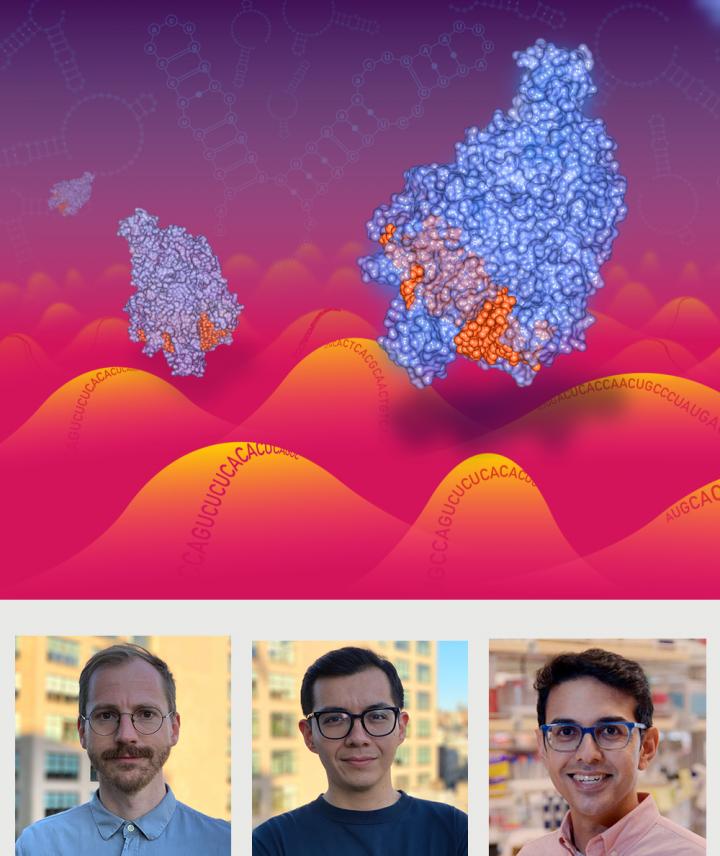
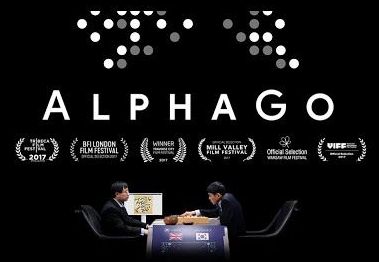
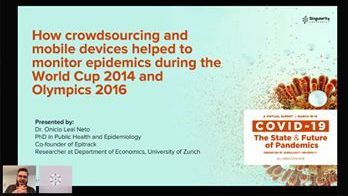

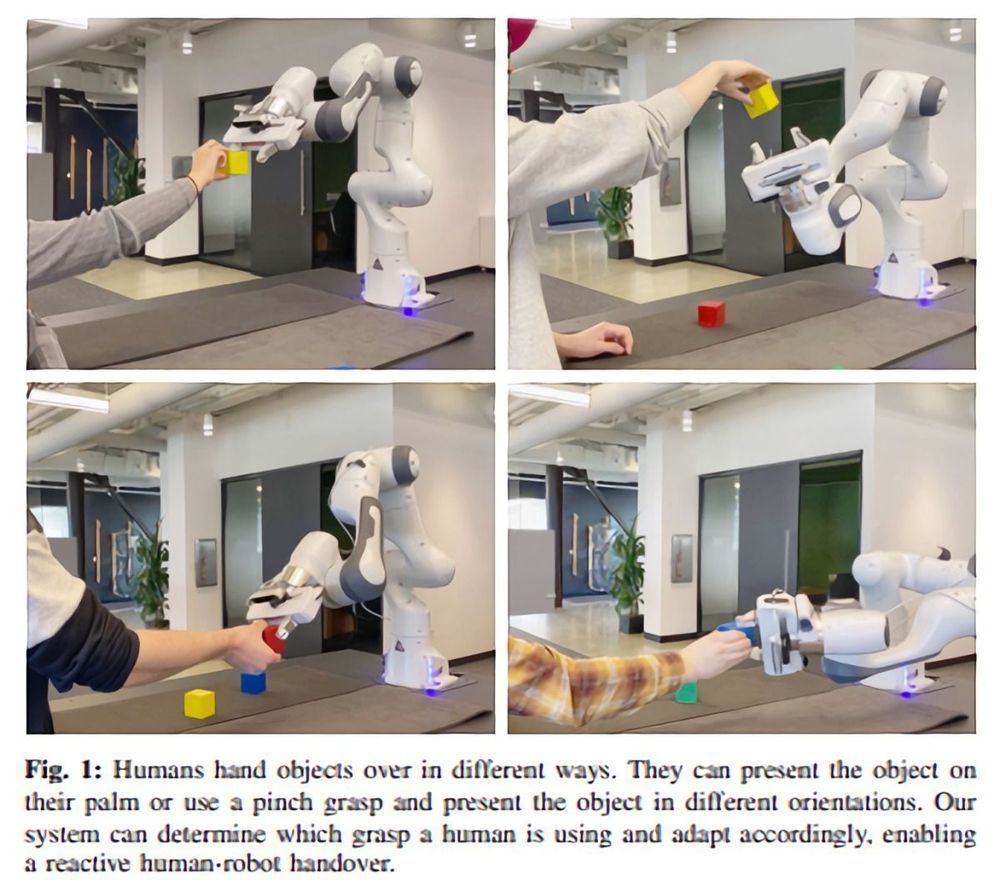

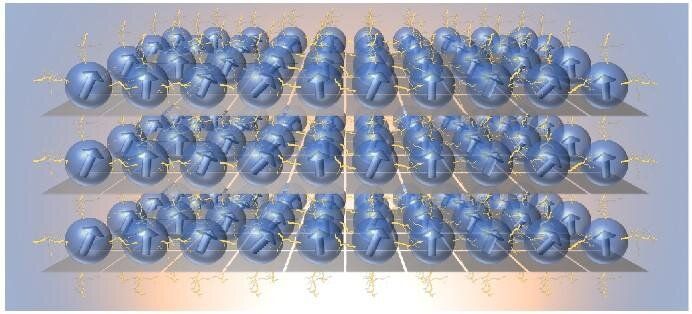
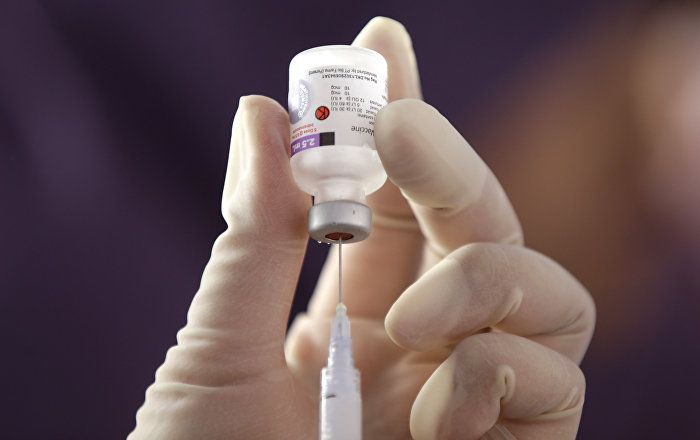

 The authors draw attention to several randomized clinical studies in humans that have found that over the counter supplements such as n-acetylcysteine (NAC), which is used to treat acetaminophen poisoning and is also used as a mucus thinner to help reduce bronchitis exacerbations, and elderberry extracts, have evidence for shortening the duration of influenza by about two to four days and reducing the severity of the infection. The authors also note several nutraceuticals such as spirulina, beta-glucan, glucosamine, and NAC have either been found to reduce the severity of infection or to cut the rate of death in half in animals infected with influenza. Furthermore, one clinical study in humans testing spirulina noted significant reductions in viral load in those infected with HIV.
The authors draw attention to several randomized clinical studies in humans that have found that over the counter supplements such as n-acetylcysteine (NAC), which is used to treat acetaminophen poisoning and is also used as a mucus thinner to help reduce bronchitis exacerbations, and elderberry extracts, have evidence for shortening the duration of influenza by about two to four days and reducing the severity of the infection. The authors also note several nutraceuticals such as spirulina, beta-glucan, glucosamine, and NAC have either been found to reduce the severity of infection or to cut the rate of death in half in animals infected with influenza. Furthermore, one clinical study in humans testing spirulina noted significant reductions in viral load in those infected with HIV.








